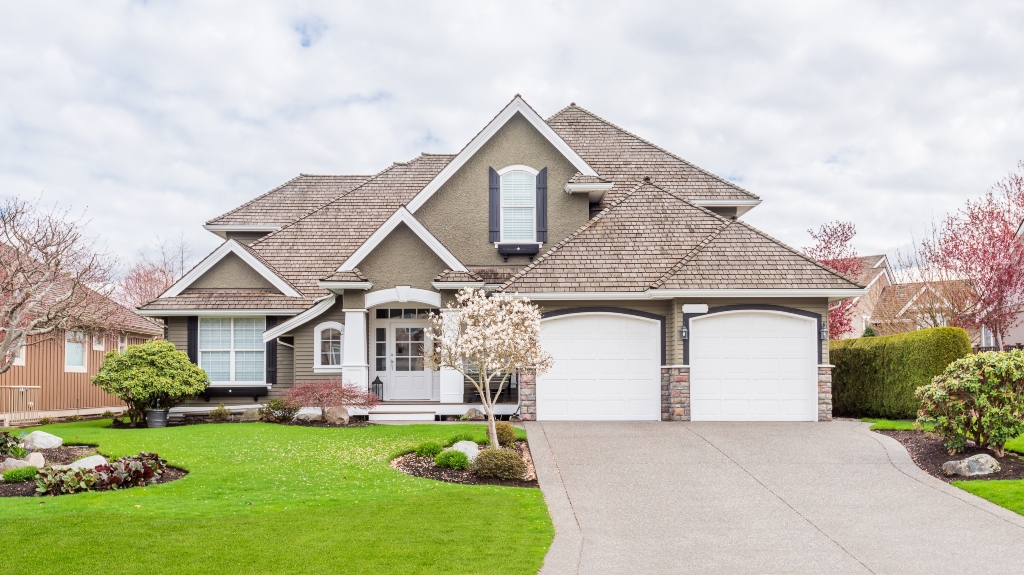
With the housing market all over the place and the rise of interest rates we are going to examine the different types of foreclosures. Along with taking a look at common defenses for foreclosure within the state of Wisconsin.
Starting out there are three types of foreclosures that can be used at any time. The following types are judicial, power of sale, and strict foreclosure. Here are the following definitions to help you better understand what sets them apart from each other:
Judicial Foreclosure:
This is a very common type of foreclosure where all states offer this type and some states make it mandatory for foreclosure. How the process is started is where the lender files a notice to the judicial system then a note is sent to the borrower, the borrower will have 30 days to respond with the payment they are requiring. If the payment is not made within the certain time allotted the mortgage property will be then put up for sale through an auction and then sold to the highest bidder.
Power of Sale:
Another common form of foreclosure and also known as statutory foreclosure is offered by many states if the mortgage has a power of sale clause within the contract. If the homeowner defaults on payments to the mortgage company then the lender will send a notice requesting payments. After the notice is sent the homeowner will again have an opportunity to submit a payment but if they miss the deadline the house is then put up for a public auction. Instead of going through the sheriff’s office or local courts.
Strict Foreclosure:
This type of foreclosure is less common and not many states offer this type. If the homeowner defaults on a payment the lender files a lawsuit against the homeowner and is offered a certain amount of time to make the payment. If the payment is missed by the time the court has set then the property will go back to the mortgage company rather than an auction. Most strict foreclosure happens when the debt amount is greater than what the property is valued at.
Now that you know the differences between the three types of foreclosure just remember this simple rule, Judicial foreclosure is where payments are missed and the house goes up for auction through local courts or the sheriff’s office. Power of sale foreclosure is where the borrower has defaulted on payments and has missed the time to repay the lender. The property is then put up through a public auction. Lastly strict foreclosure is if the homeowner has defaulted on payments and missed the deadline to submit the payment the lender is asking for. The property is then directly sent to the mortgage company.
If you have a foreclosure case you can dismiss on your own, our team at Kingstand Law can help you. With over 40 years of experience our own Attorney David Kingstad and his team have the tools and resources to help you with your case.